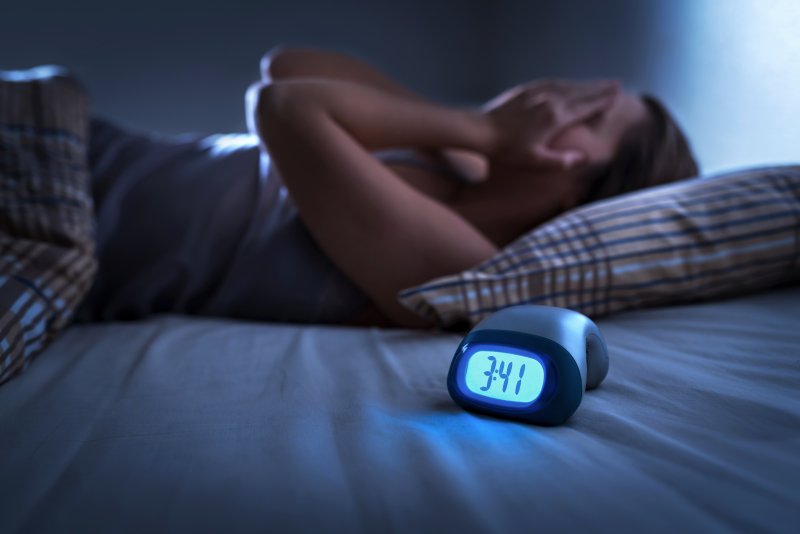
The inability to get a full night’s rest can make day-to-day responsibilities even more difficult. The fact that you cannot breathe adequately is troublesome, causing you to feel helpless about your condition. But did you know that there are foods that make sleep apnea worse? If you are one of the millions struggling with this problem, find out which foods you should stay away from as well as which ones can help you get the sleep you need.
Why Are Certain Foods Worse For Sleep Apnea?
When it comes to determining the type of diet you should adopt when living with sleep apnea, you’ll want to make sure that you avoid eating too much sugar and starch, and here’s why.
Sugary and starchy foods like pasta, chips, candy, cookies, and bread can lead to a higher risk of obesity. Because it is a fact that carrying too much weight can be a contributing factor to sleep apnea, these foods can make it harder for you to get the rest that you need. Not to mention, any additional fat that accumulates around the neck will increase the probability that you’ll be unable to breathe freely at night.
You’ll also want to be mindful of your fat intake, as various types of meat (i.e., beef, pork), butter, and whole milk can lead to worsening sleep apnea symptoms. And don’t reach for bananas, as they can cause mucus formation, which can make it difficult to breathe at night.
Which Foods Are Best For Improving Sleep?
In combination with an oral appliance and a more regular sleep schedule, it’s important that you start incorporating healthier options into your daily diet. These foods and beverages can include:
- Water
- Fiber-rich fruits and vegetables
- Low-fat dairy and those rich in Vitamin D and calcium (i.e., cheese, yogurt, low-fat milk)
- Canola, olive, or sunflower oil
- Whole grains
- Salmon
- Chicken
- Turkey
- Beans
- Nuts
It’s important that you talk to your doctor about how to start the process of developing a better diet. You’ll also want to make sure that you’re undergoing treatment for your sleep apnea with the help of a customized oral appliance.
By wearing this device and eating healthier foods, you’ll begin to notice a significant difference in the way you sleep, how much of it you get, and feel more refreshed when you wake up in the morning.
About the Author
Do you suffer from sleep apnea? Dr. Shelley Shults is a board-certified registered nurse, general dentist, family nurse practitioner, and dental sleep medicine practitioner who can help. At Powell Dental Sleep Solutions, she and our team can work to help you identify ways to improve your symptoms, one of which is developing a healthier diet. If you need assistance to start eating healthier and paying more attention to your sleep patterns, contact us at (614) 396-9310.
